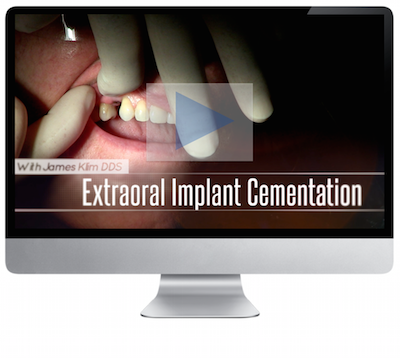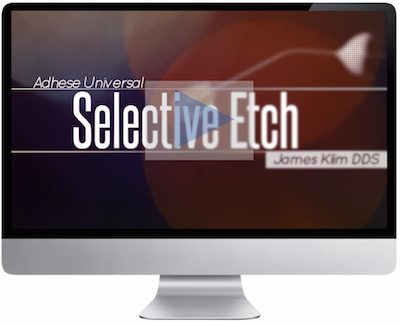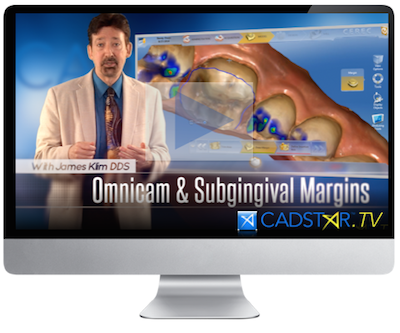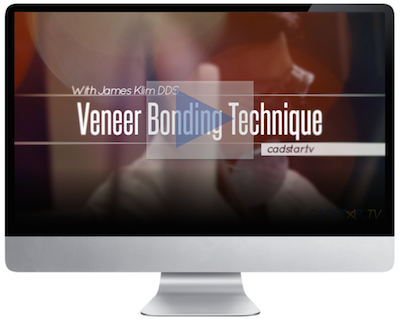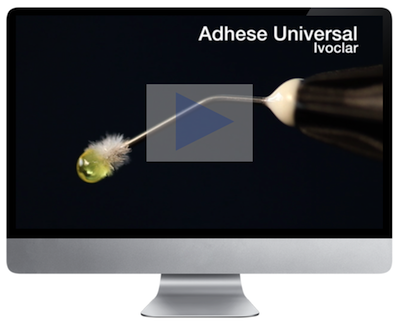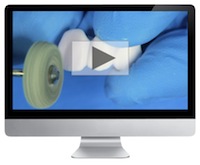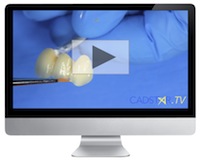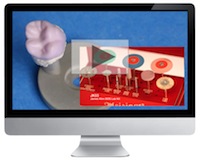Submitted by James Klim DDS, CADStar host on 01/25/2015 - 4:15pm
Submitted by James Klim DDS, CADStar host on 12/24/2014 - 5:46pm
Submitted by James Klim DDS, CADStar host on 10/05/2014 - 7:54pm
Submitted by James Klim DDS, CADStar host on 10/04/2014 - 9:50pm
Bonding veneers is simple when using a systematic approach. This video will demonstration my tissue management, etching, adhesive technique, and post cementation cleanup and finishing. View video in Channel 7
Submitted by James Klim DDS, CADStar host on 08/11/2014 - 5:41pm
Submitted by James Klim DDS, CADStar host on 03/17/2014 - 9:18pm
With e.max, we are able to predictably mill and finish a feather margin. This video and the following three videos will demonstrate the steps for finishing the feather e.max veneer margin.
Submitted by James Klim DDS, CADStar host on 02/16/2014 - 1:19pm
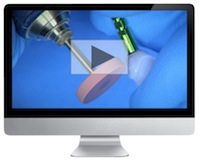 When the implant soft tissues have been modeled during the anatomical abutment healing phase, the digital scan will present an ideal soft tissue emergence which is reflective in the software proposal. As a result, finishing the implant abutment is usually about removing the sprue and polishing the subgingival abutment
When the implant soft tissues have been modeled during the anatomical abutment healing phase, the digital scan will present an ideal soft tissue emergence which is reflective in the software proposal. As a result, finishing the implant abutment is usually about removing the sprue and polishing the subgingival abutment
Submitted by James Klim DDS, CADStar host on 02/16/2014 - 10:43am
Submitted by James Klim DDS, CADStar host on 04/17/2013 - 8:16am
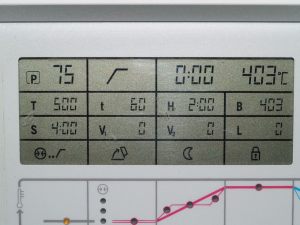
Recently, several doctors have asked the following question:
“I had a crown de-bond, the patient has the crown but it has resin cement still bonded to the inside of the crown, what do I do to remove it?” The simplest solution is to place the crown on a honey comb tray and fire in a furnace for about 5 minutes. Resin will burn off during this
Submitted by James Klim DDS, CADStar host on 03/11/2013 - 10:51pm

